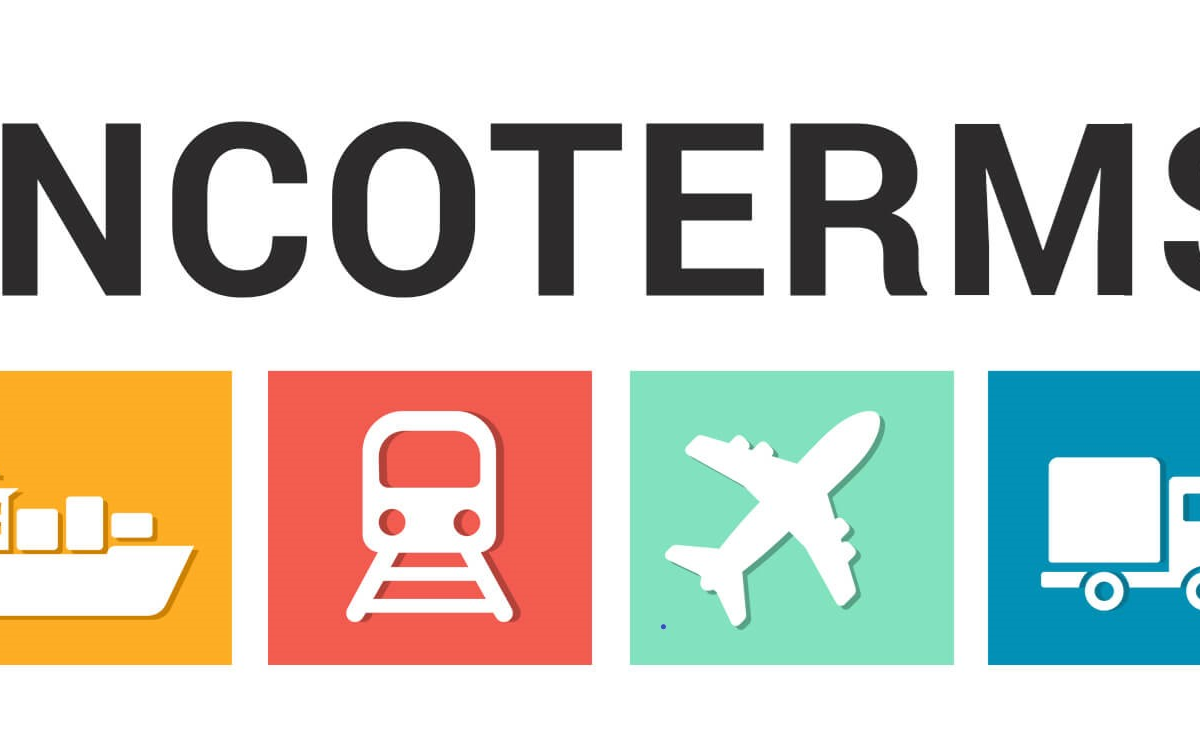
This article is written by Austin Garcia
The Evergrande Group, once China’s second-largest developer, has been liquidated by a Hong Kong court due to a staggering $300 billion in liabilities. Its inability to pay loan interest. This landmark decision places China in a precarious economic position.
Since the manufacturing boom of the 1980s, which significantly improved the quality of life for many Chinese citizens. The government now faces a critical dilemma. It must choose between continuing to support its heavily subsidized foreign investment regime in the manufacturing sector or bailing out the struggling development sector to safeguard its citizens’ personal investments.
Simultaneously, international manufacturing companies are actively seeking greater supply chain security, lower labor costs, robust intellectual property protections, easier market access, and a common business language. This global realignment indicates a strong trend towards regionalization rather than increased protectionist policies. The implications of Evergrande’s collapse, particularly for foreign creditors, and the ongoing uncertainty in China’s property market, are also contributing to this shift.



